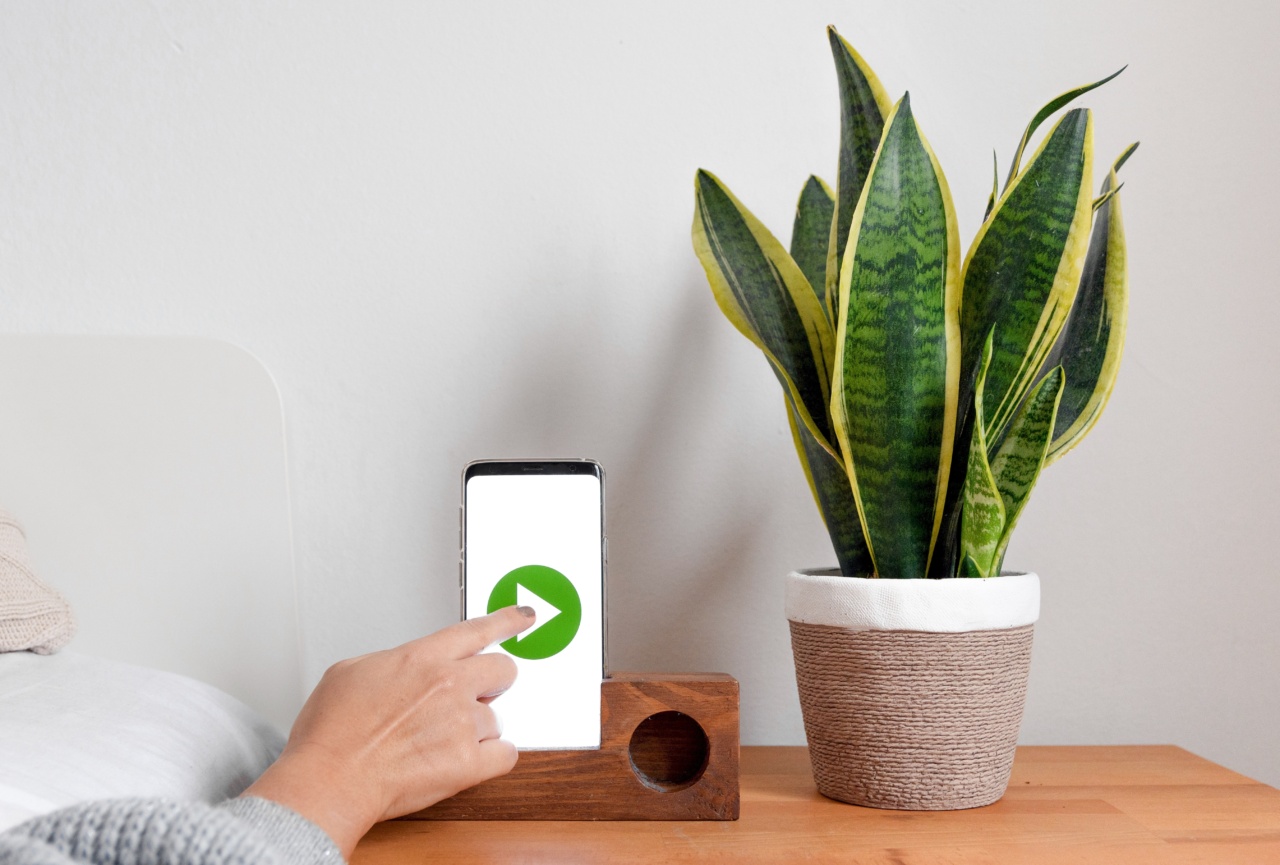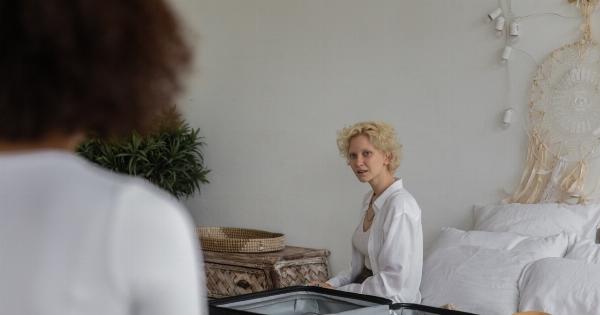In today’s technology-driven world, our reliance on smartphones is ever-increasing. From the moment we wake up to the minute we go to bed, our mobile phones are a constant companion.
However, the excessive use of mobile phones, particularly at bedtime, has been linked to various negative impacts on our health, one of the most prominent being sleeplessness. In this article, we will explore the reasons behind the correlation between bedside mobile phone use and sleeplessness.
The Physiology of Sleep
To understand the effects of bedside mobile phone use on sleep, it is crucial to grasp the basics of sleep physiology. Sleep is a complex process that involves different stages, such as NREM (Non-Rapid Eye Movement) and REM (Rapid Eye Movement) sleep.
These stages play a vital role in restoring both our body and mind, helping us wake up refreshed and rejuvenated for the day ahead.
The Impact of Blue Light
One of the primary ways in which mobile phones contribute to sleeplessness is through the emission of blue light.
Our smartphones, tablets, and other electronic devices emit a significant amount of blue light, which can interfere with our natural sleep-wake cycle. Blue light suppresses the production of melatonin, a hormone that regulates sleep, making it harder for us to fall asleep at night.
Increased Cognitive Stimulation
The continuous use of mobile phones before bedtime also leads to increased cognitive stimulation.
Engaging with social media, watching videos, or playing games on our phones keeps our brains active, making it difficult for us to wind down and prepare for sleep. Furthermore, this cognitive arousal can lead to racing thoughts, anxiety, and stress, further impacting our ability to fall asleep.
Disruption of Sleep Patterns
Another significant reason why bedside mobile phone use affects sleep is the disruption of sleep patterns. The presence of notifications, calls, or messages during the night can interrupt our sleep by causing us to wake up.
Moreover, the habit of checking our phones during night awakenings can reinforce this disruptive behavior, leading to a vicious cycle of poor sleep quality.
The Importance of a Dark and Quiet Environment
When it comes to sleep, the sleep environment plays a crucial role. A dark and quiet environment promotes optimal sleep, allowing us to transition smoothly between sleep stages.
However, the presence of a mobile phone by the bedside not only contributes to artificial light exposure but also creates potential auditory disturbances. Even if notifications are silenced, the temptation to glance at the screen may disrupt our sleep environment and negatively impact our sleep quality.
The Role of Psychological Factors
Besides the physiological aspects, there are also psychological factors at play. Bedside mobile phone use has been associated with increased levels of anxiety, depression, and addictive behaviors.
The constant need to stay connected and fear of missing out (FOMO) can lead to obsessive checking of notifications, even during bedtime. These psychological factors further contribute to sleeplessness and perpetuate the cycle of poor sleep habits.
The Need for Digital Detox
Considering the adverse effects of bedside mobile phone use on sleep, it becomes crucial to prioritize sleep hygiene and implement a digital detox before bedtime.
Establishing a routine that excludes phone usage at least an hour before sleep can significantly improve sleep quality. Instead, engaging in relaxing activities such as reading a book, taking a warm bath, or practicing relaxation techniques can promote a more restful night’s sleep.
Utilizing Technology for Better Sleep
Ironically, technology that disrupts our sleep can also offer solutions to improve it. Several apps are available that filter blue light emissions, allowing melatonin to be produced without hindrance.
Additionally, utilizing sleep-tracking apps or devices can provide insights into sleep patterns, highlighting areas for improvement and motivating healthier sleep habits.
Setting Boundaries and Practicing Self-Control
While technology can assist in improving sleep, setting personal boundaries and practicing self-control are equally important.
Creating designated phone-free zones in the bedroom and establishing strict bedtime routines can reinforce healthy sleep habits. By gradually reducing the reliance on bedside mobile phone use, one can enjoy the benefits of better sleep and overall well-being.
Conclusion
In conclusion, bedside mobile phone use has emerged as a prominent cause of sleeplessness in today’s digital age.
The physiological effects of blue light, increased cognitive stimulation, disruption of sleep patterns, and the psychological aspects all contribute to the negative impact on sleep. However, by recognizing the importance of sleep hygiene, implementing a digital detox, and utilizing technology wisely, we can regain control over our sleep and improve our overall quality of life.






























